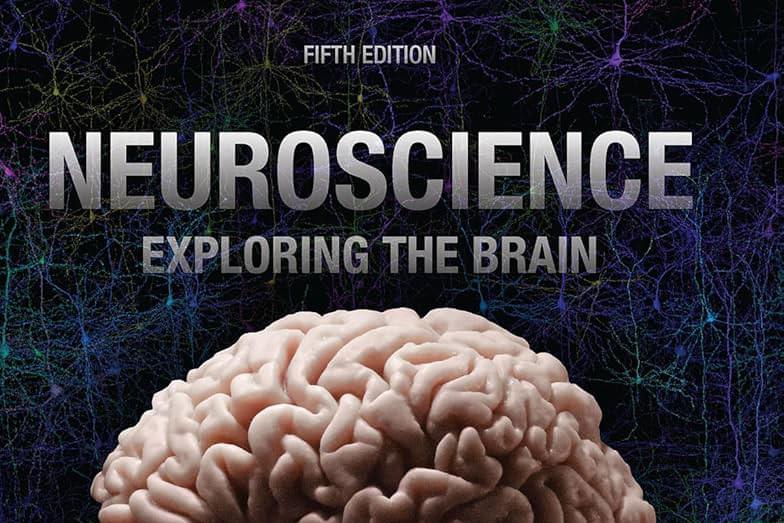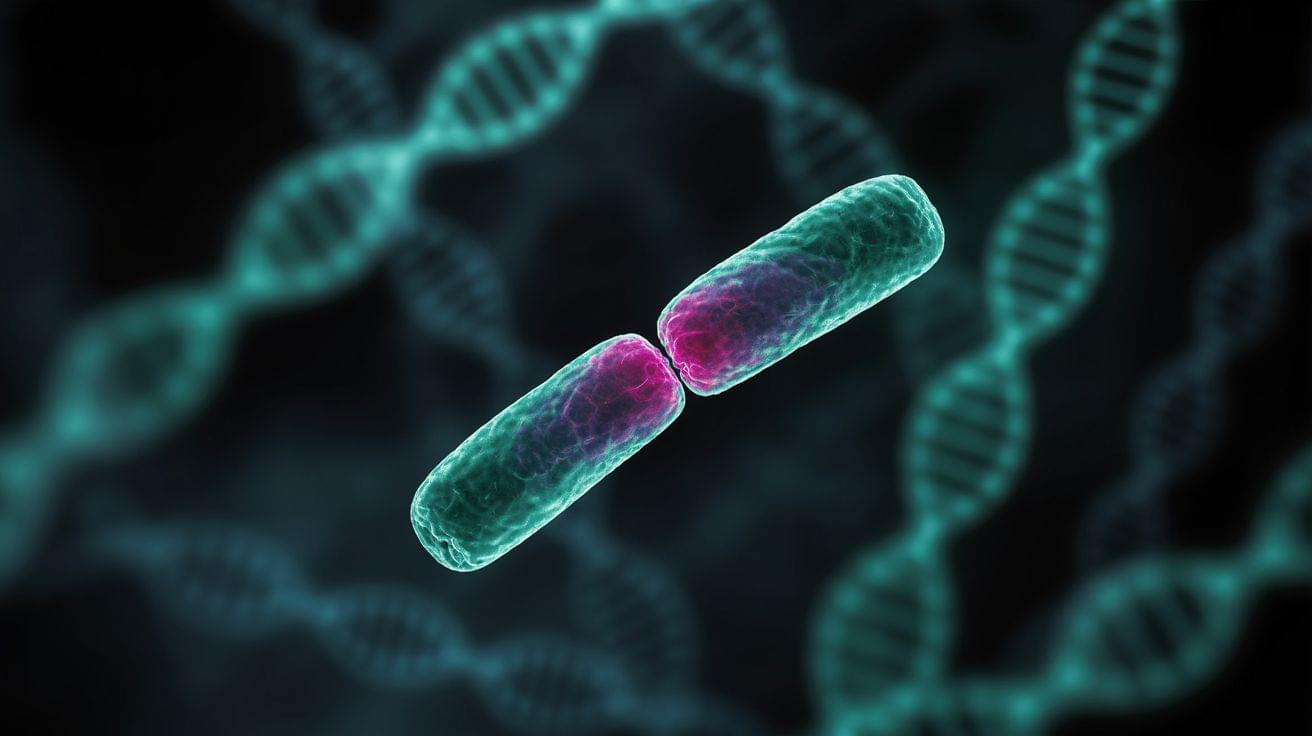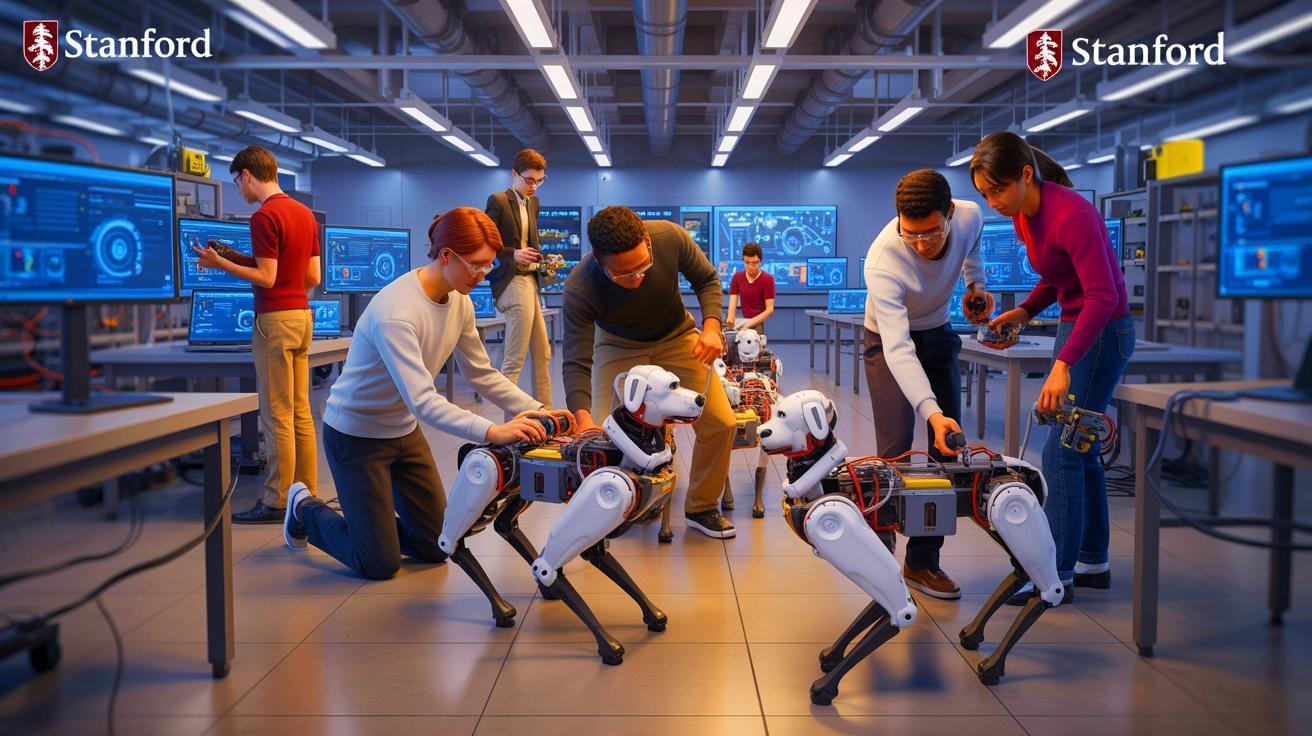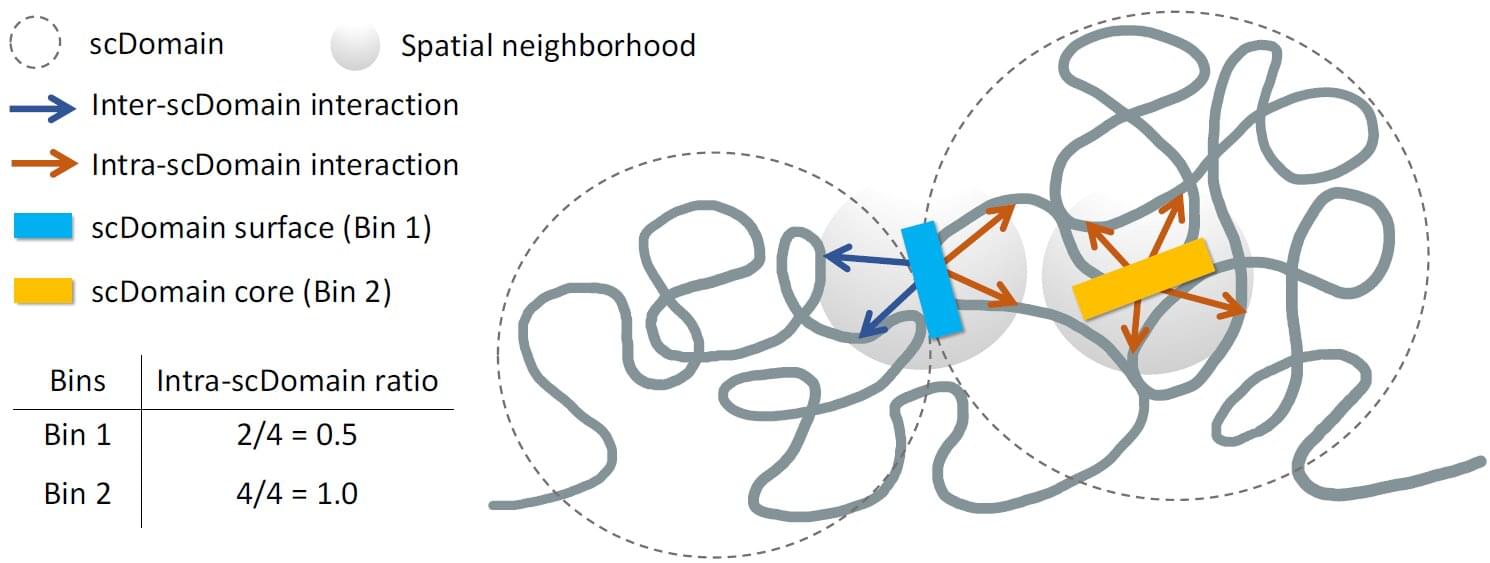From the very beginning, MIT Professor Mark Bear’s philosophy for the textbook “Neuroscience: Exploring the Brain” was to provide an accessible and exciting introduction to the field while still giving undergraduates a rigorous scientific foundation. In the 30 years since its first print printing in 1995, the treasured 975-page tome has gone on to become the leading introductory neuroscience textbook, reaching hundreds of thousands of students at hundreds of universities around the world.
“We strive to present the hard science without making the science hard,” says Bear, the Picower Professor in The Picower Institute for Learning and Memory and the Department of Brain and Cognitive Sciences at MIT. The fifth edition of the textbook is out today from the publisher Jones & Bartlett Learning.
Bear says the book is conceived, written, and illustrated to instill students with the state of knowledge in the field without assuming prior sophistication in science. When he first started writing it in the late 1980s — in an effort soon joined by his co-authors and former Brown University colleagues Barry Connors and Michael Paradiso — there simply were no undergraduate neuroscience textbooks. Up until then, first as a graduate teaching assistant and then as a young professor, Bear taught Brown’s pioneering introductory neuroscience class with a spiral-bound stack of photocopied studies and other scrounged readings.








